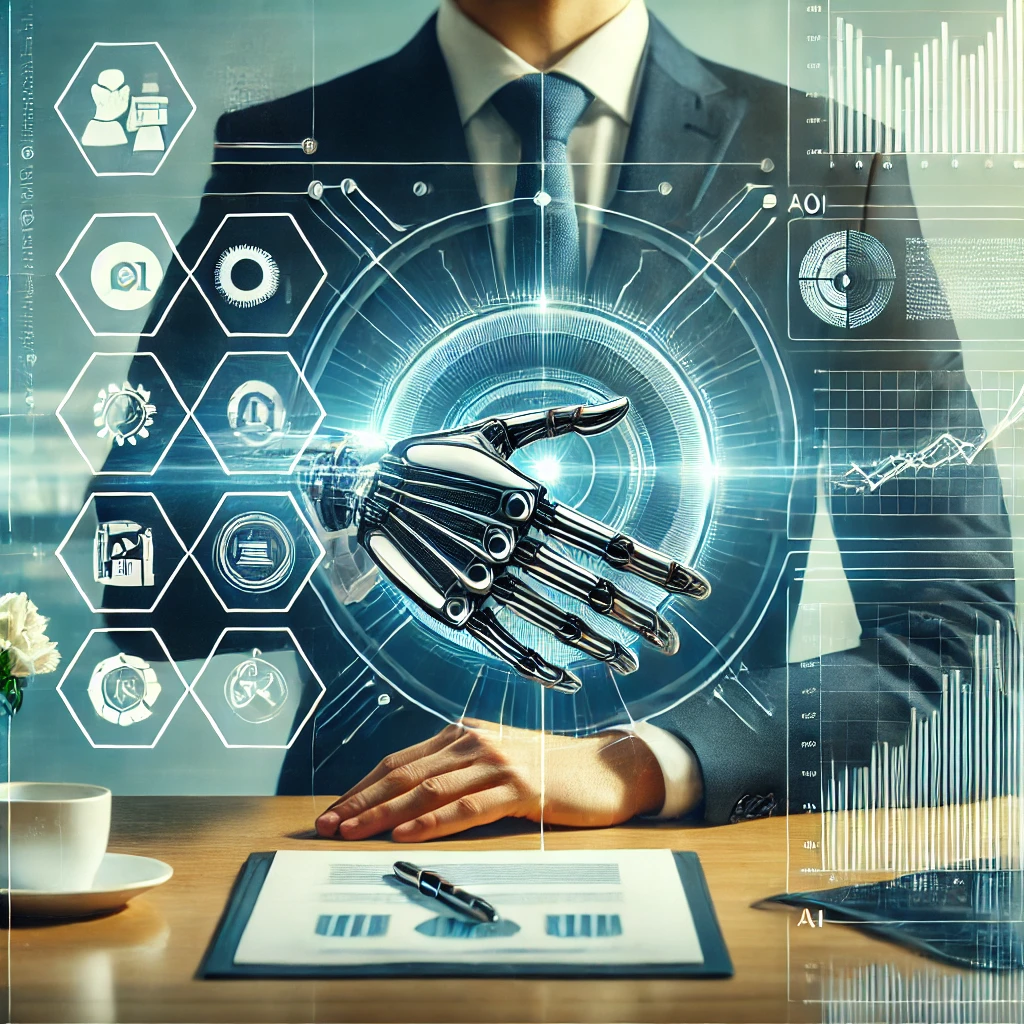Revolutionizing Mergers and Acquisitions: The Role of AI in Shaping the Future of Deal-Making

The landscape of mergers and acquisitions (M&A) is undergoing a profound transformation, driven by the rapid advancements in artificial intelligence (AI). As companies increasingly seek to grow and innovate through strategic acquisitions, AI technologies are emerging as pivotal tools that promise to revolutionize every stage of the M&A process. From identifying potential targets to post-merger integration, AI is set to change the way deals are conceived, negotiated, and executed.
Strategic Decision-Making: A Data-Driven Approach
In the past, M&A strategies often relied heavily on the intuition and experience of corporate leaders and advisors. However, the integration of AI into the decision-making process is shifting the paradigm towards a more data-driven approach. AI algorithms can analyze vast amounts of market data, historical deal outcomes, and competitor strategies to identify the most promising acquisition targets and potential market opportunities. This enhanced capability allows companies to make more informed decisions, reducing the risk of costly mistakes and increasing the likelihood of successful outcomes.
Enhanced Target Identification and Deal Sourcing
Identifying the right acquisition targets is one of the most critical yet challenging aspects of the M&A process. AI-powered tools significantly enhance this process by sifting through large datasets to uncover companies that align with specific strategic objectives. Machine learning models can evaluate factors such as financial performance, market positioning, and technological assets to suggest potential targets that might have been overlooked using traditional methods. This not only speeds up the process but also ensures a more precise match between the acquiring and target companies.
Optimizing Due Diligence
Due diligence is a labor-intensive and time-consuming phase of M&A, where the acquiring company thoroughly examines the target’s financials, operations, and legal standings. AI is poised to streamline this process by automating data collection and analysis. Advanced AI systems, equipped with natural language processing (NLP) and machine learning capabilities, can rapidly analyze large volumes of structured and unstructured data from various sources, including financial statements, regulatory filings, and even social media sentiment. This automation reduces the likelihood of human error, identifies potential risks more efficiently, and provides deeper insights into the target company’s future performance.
AI in Negotiation and Valuation
Negotiation is often seen as an art form, heavily dependent on human judgment. However, AI can augment this process by providing detailed analysis of market conditions, historical deal data, and predictive models that forecast the outcomes of different negotiation strategies. Similarly, AI enhances the valuation process by incorporating a broader range of data points, including intangible assets such as brand strength and customer loyalty, which are often difficult to quantify using traditional methods. This holistic approach ensures that valuations are more accurate and reflective of the true worth of the target company.
Post-Merger Integration and Synergy Realization
The success of an M&A deal often hinges on the post-merger integration (PMI) phase, where the acquiring company must effectively merge the operations, cultures, and systems of the two entities. AI can play a crucial role here by automating repetitive tasks, optimizing IT system integration, and providing predictive analytics to identify potential challenges before they arise. AI-driven tools can also help uncover hidden synergies, such as cross-selling opportunities and supply chain optimizations, that might not be immediately apparent through traditional analysis.
6. Challenges and Considerations
Despite the numerous advantages AI brings to the M&A process, it is not without its challenges. One of the primary concerns is the quality and accuracy of the data used by AI systems. Incomplete or biased data can lead to erroneous insights, potentially jeopardizing the success of the deal. Additionally, the complexity and opacity of some AI models, particularly deep learning algorithms, can make it difficult for human decision-makers to understand how conclusions are reached. This lack of transparency can raise ethical and regulatory concerns, especially when dealing with sensitive or confidential information.
Moreover, while AI can significantly enhance the efficiency and effectiveness of the M&A process, it is essential to maintain a balance between machine-driven insights and human judgment. Experienced advisors bring a deep understanding of industry dynamics, company culture, and interpersonal relationships—factors that are critical to the success of any M&A deal but difficult for AI to quantify.
Final Thoughts: A Symbiotic Future for AI and Human Expertise
As AI continues to evolve, its role in M&A is expected to expand, offering dealmakers unprecedented tools to enhance decision-making, streamline processes, and unlock value. However, the most successful M&A strategies will likely be those that leverage AI’s capabilities while still recognizing the irreplaceable value of human insight and experience. In this future, AI and human expertise will not be in competition but will instead work symbiotically to navigate the complex and high-stakes world of mergers and acquisitions.
This hybrid approach, where AI augments rather than replaces human judgment, will define the next era of M&A, ensuring that deals are not only executed more efficiently but are also more likely to succeed in the long term. The companies that can best integrate AI into their M&A strategies, while maintaining a human touch, will be the ones that thrive in this increasingly competitive landscape.

